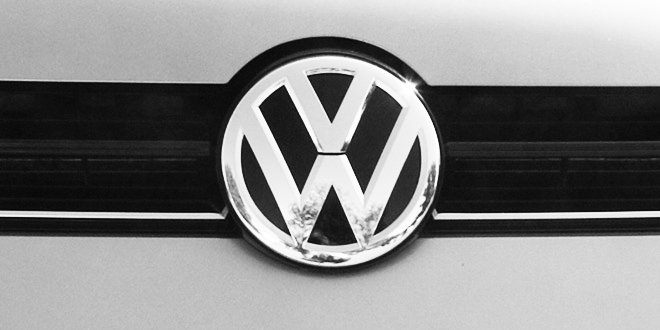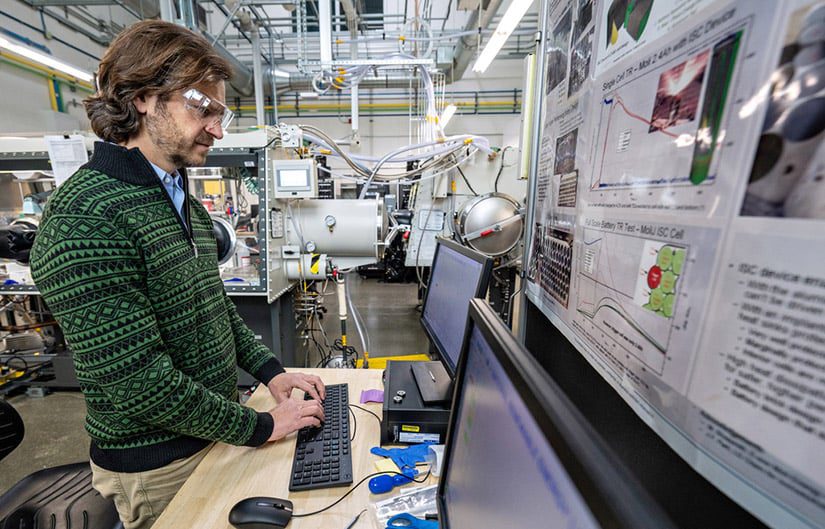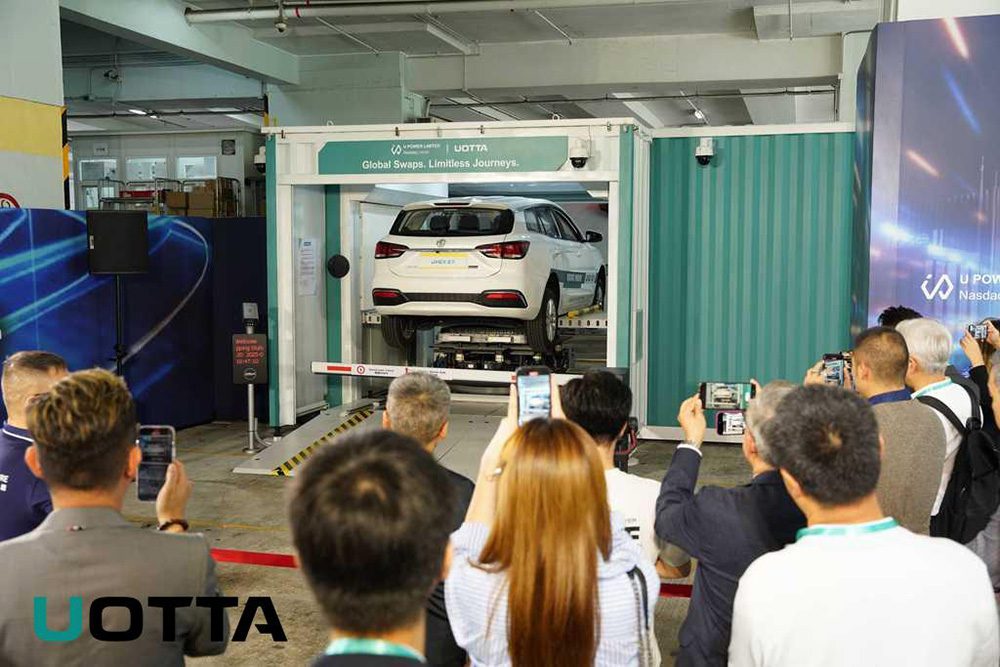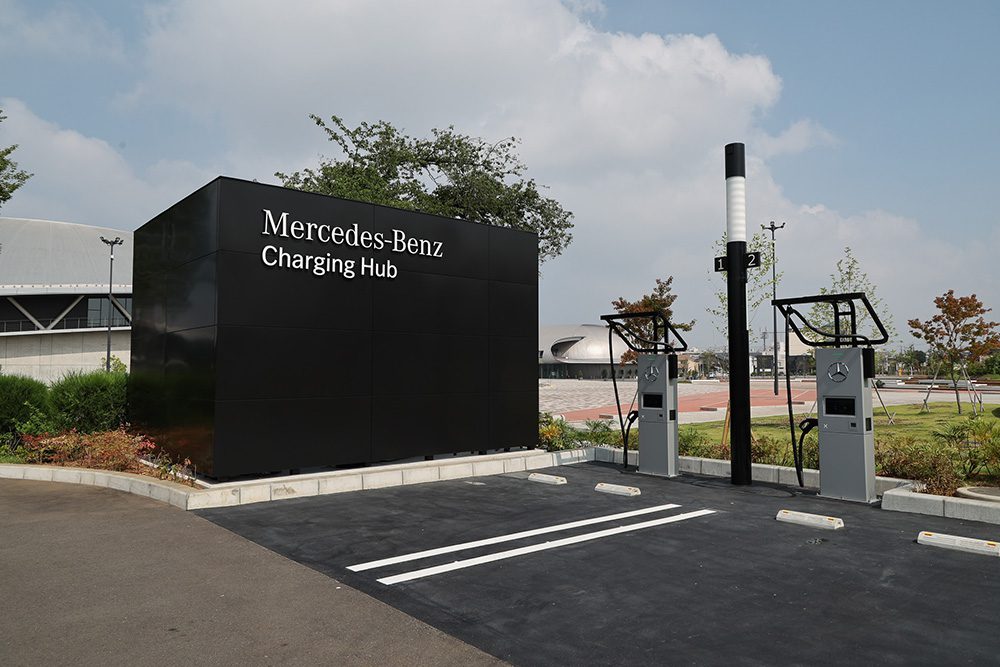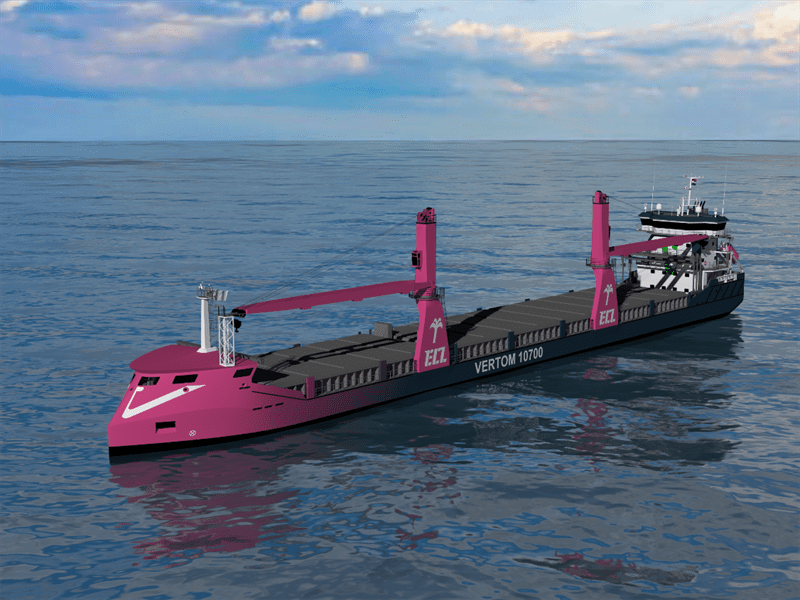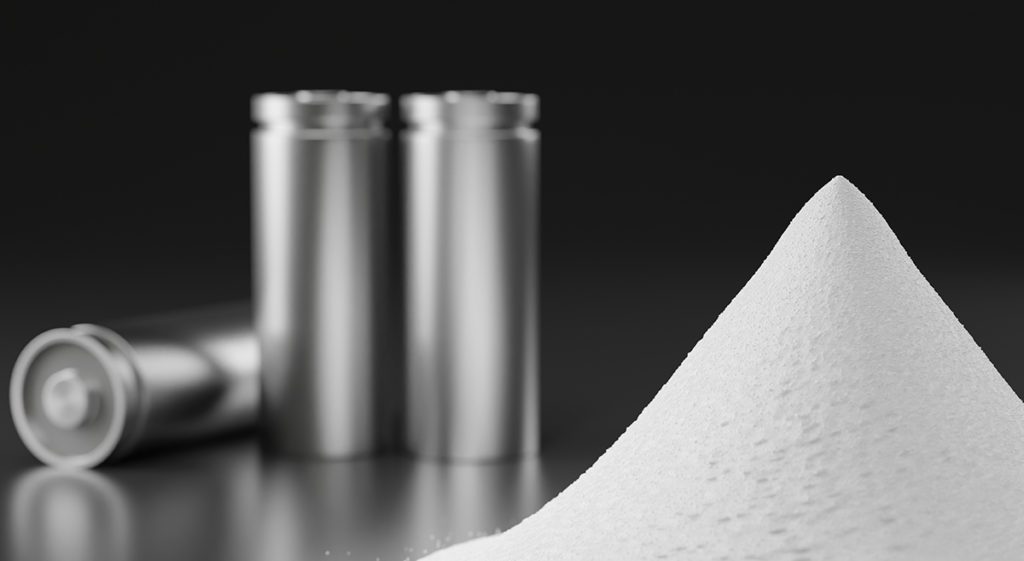Volkswagen has agreed to pay up to $14.7 billion to settle claims resulting from its emissions rigging fraud, the US Department of Justice announced.
Volkswagen’s deeds were “the most flagrant violations of our consumer and environmental laws in our country’s history,” said US Deputy Attorney General Sally Q. Yates. “We cannot undo the damage that’s been done to our air quality, but we can offset that damage.”
The civil settlement is the largest with an automaker in US history, though it (so far) falls short of the $18.7 billion agreement that BP agreed to pay for the 2010 Gulf of Mexico oil spill.
VW’s woes are not over. The US Department of Justice is conducting a criminal investigation, and inquiries are ongoing in Germany and several other countries.
“By duping the regulators, Volkswagen turned nearly half a million American drivers into unwitting accomplices in an unprecedented assault on our environment,” said Yates. “This partial settlement marks a significant first step [but] it is by no means the last. We will continue to follow the facts wherever they go.”
Morningstar Analyst Richard Hilgert has estimated that the debacle could end up costing VW $55 billion, including fines, dealer remuneration, repair costs, repurchases, litigation costs and damages to shareholders and consumers, Bloomberg reported.
The settlement announced this week requires VW set aside $10.033 billion to buy back all the affected vehicles at their pre-scandal retail values. Consumers who choose the buyback option will receive between $12,500 and $44,000, and may also have their loans forgiven. Owners may also choose to keep their cars and have them modified to comply with emissions standards.
In addition to the settlement, Volkswagen will be required to pay $2.7 billion to fund projects across the country to reduce emissions of nitrous oxide. The company must also invest $2 billion to promote zero-emission vehicles. The investments will be made over 10 years, with $1.2 billion going to a national EPA-approved investment plan and $800 million to a California-specific plan to be approved by the California Air Resources Board.
Meanwhile, the Volkswagen Group recently announced plans to launch more than 30 battery-electric vehicles over the next ten years. The company is rumored to be considering construction of a multi-billion-euro battery factory.
On the other hand, Volkswagen recently collaborated with oil giant Shell on a study that touts the benefits of biofuels as an alternative to increasing fuel efficiency standards.
Sources: US Department of Justice, Reuters, Bloomberg, New York Times, Wall Street Journal, The Guardian







